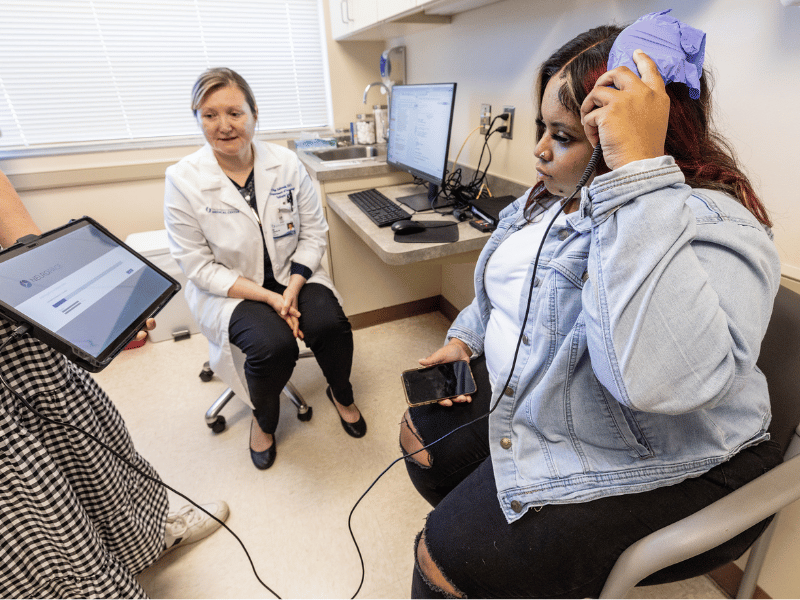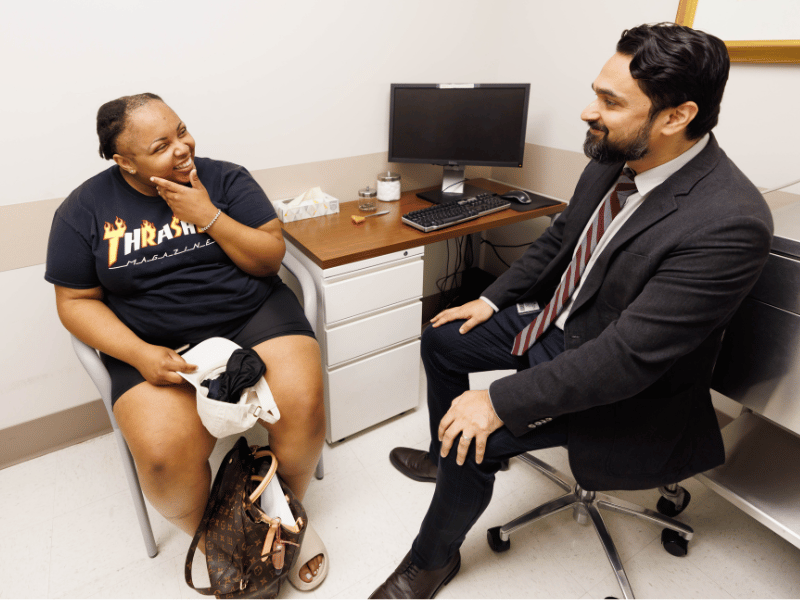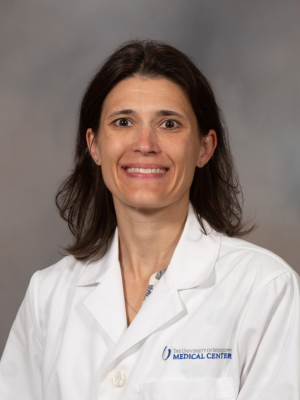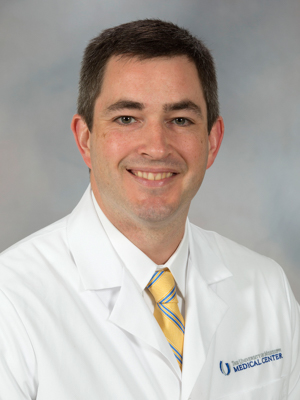2023
- Department of Neurosurgery
- Contact Neurosurgery
-
News
- Department of Neurosurgery News
- 2025
- 2024
- 2023
- 2022
-
2021
- Patient Story: Bradley Hamblin - Brain Tumor
- Patient Story: James Irwin - Childhood Cancer
- Patient Story: Judy Herrington - Stroke
- Patient Story: Kathleen Keeton - Spine
- Patient Story: Lee Roy Nail - Trigeminal Neuralgia
- Patient Story: Patrick Kerns - Aneurysm
- Patient Story: Paul Miller - Pituitary Tumor
- Patient Story: Tamika Larkin-Stowers - Epilepsy
- A Year Later
- New Technology for Minimally Invasive Procedures
- Minimally invasive procedure repairs brain aneurysms at high risk of bursting
- Patient Stories
- About the Department
- Education
- Research
- Support the Department of Neurosurgery
Brain pacemaker for epilepsy: first-of-its-kind epilepsy surgery in Mississippi shows success

Jessica Vann of Jackson is back doing what she loves – spending time with her family, working as a customer service representative and fishing along the reservoir – after receiving an advanced treatment option for epilepsy.
Vann didn’t qualify for traditional brain resective surgery, the most common type of epilepsy surgery, because it was determined to be unsafe for her. Following an increasing number of debilitating seizures, Vann needed a solution offered by the University of Mississippi Medical Center: surgery to implant a response neurostimulation system (RNS) to stop seizures before they spread and make Vann lose awareness. She is the first patient to receive this kind of neurostimulator in Mississippi.
In July, Vann had at least 15 seizures, each leaving her exhausted. Since her surgery on Aug. 8, the number of seizures Vann experiences has decreased. The procedure, she said, “is letting me enjoy life more and be there for my children and family.”
The NeuroPace system, the first and only brain-responsive neurostimulation system for patients 18 and older with focal seizures in one to two areas of the brain, delivers brief pulses of stimulation when it first detects seizures. The device monitors brainwaves 24 hours a day, detecting unusual activity and responding quickly to regulate brainwave patterns.
Vann has medically resistant epilepsy, meaning that multiple anti-seizure medications were not controlling her seizures, said her neurologist, Dr. Olga Selioutski, a professor of neurology and epilepsy division chief at UMMC.

"As she has gone through extensive evaluation, she was determined not to be a candidate for surgical resection (a surgical treatment for epilepsy in which part of the brain is removed),” Selioutski said. “However, there were other options available to her, including RNS. This is a very important step in patient care.”
The NeuroPace system is personalized to each patient’s brain activity, said Dr. Omar Chohan, associate professor of neurosurgery. “The device is programmed to recognize each patient’s unique brain activity. Within milliseconds of unusual brainwave patterns, brief pulses of electrical stimulation are sent to regulate them.”
Data from the neurostimulator can be collected and reviewed by neurologists to monitor a patient’s condition. Programming adjustments based on the detailed data collected means that the device can become more effective over time.
Epilepsy affects about 3.4 million Americans, but about 1.2 million of them have epilepsy that’s medically resistant. Medically resistant epilepsy patients face challenges including increased risks of injury and death.
At UMMC, a Level IV epilepsy center, Vann has more than 100 professionals in her corner. Selioutski said Vann’s RNS surgery and continuing care would not be possible without the team of experts, including epilepsy care providers, EEG technicians, a neuropsychologist, neuroradiologists, neurosurgeons, a critical care team, nurses and others.
“Without this dedicated team, such advances in medical care would not be possible,” she said. “This level of care is only possible in specialized academic medical centers, such as UMMC.”

Dr. Alissa Willis, chair of neurology at UMMC, said that, until recently, patients like Vann would need to leave Mississippi not only for RNS surgery but also for the ongoing management of the device.
“We now have all the components at UMMC to take care of these patients close to home,” Willis said. “Excellence in epilepsy care requires a huge team working together, and I’m proud of what our team is doing to change and save the lives of people living with severe epilepsy.”

Dr. Chad Washington, chair of the neurosurgery, said UMMC’s broad team of experts make such surgeries possible.
“The skills of our entire team, from technologists to neurosurgery nurses and surgeons, make this level of neurosurgery care a success and help our patients to live fuller, healthier lives.”


